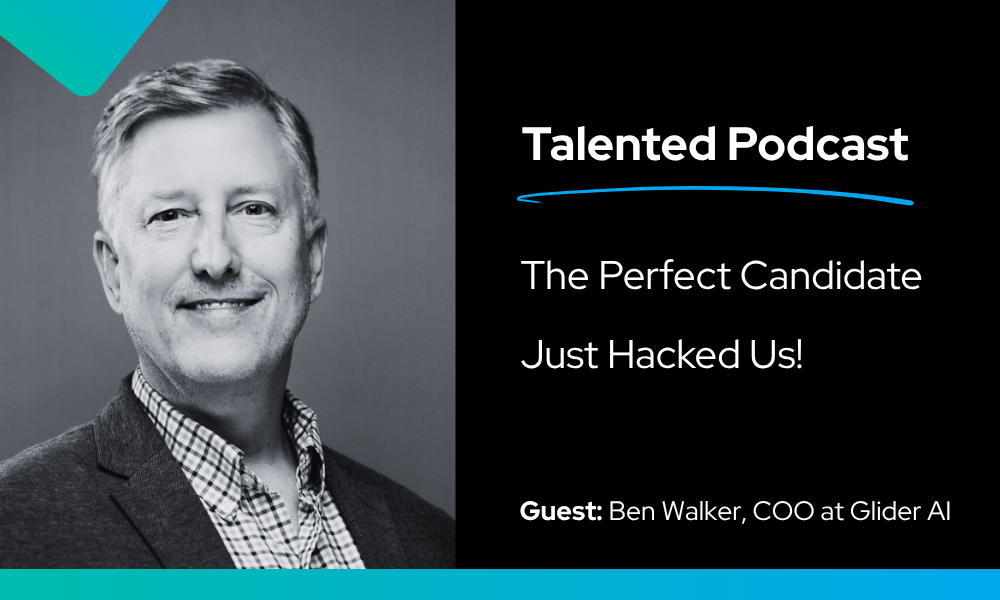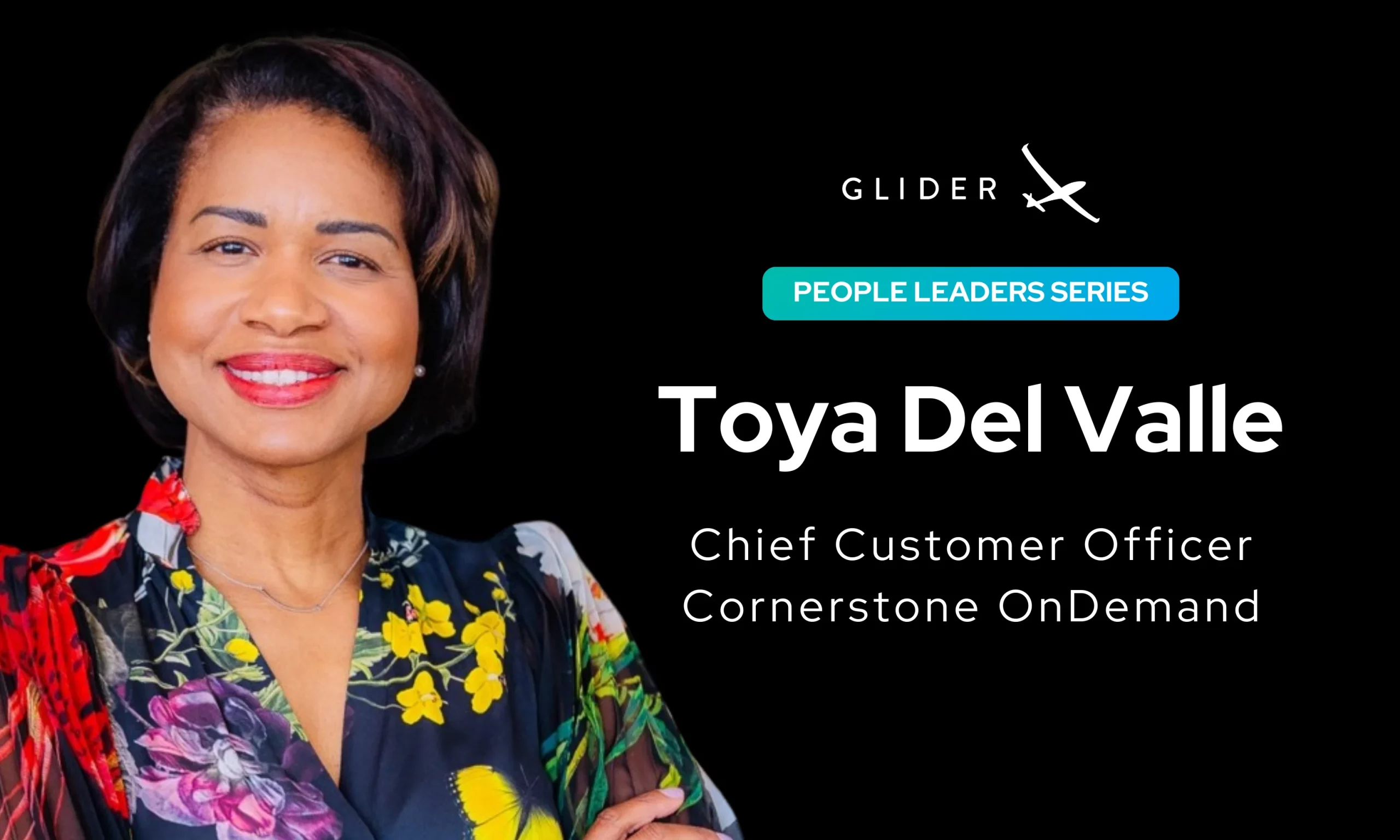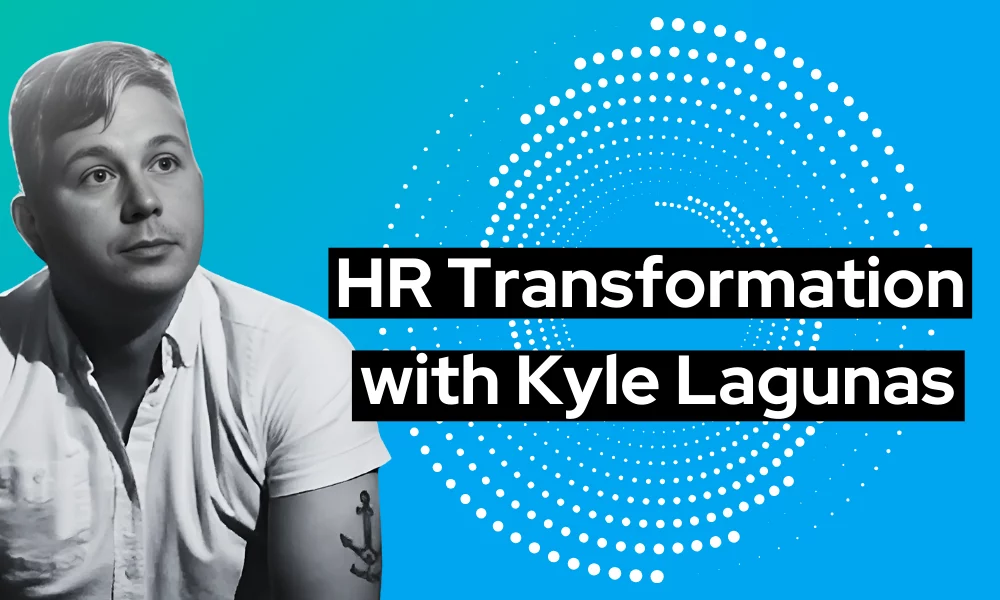
Make talent quality your leading analytic with skills-based hiring solution.

The talent shortage in the US market is not a myth anymore. In 2019, more than 72.8% of employers stated that they have major challenges with finding skilled candidates. While there are organizations that ask you to post and pray, we say you can add these top five recruitment strategies to your recruitment plan, to attract the right talent pool with less effort and more peace. Here are the top 5 innovative recruitment strategies that can help you match up the right candidates for the right profiles!
In simple terms, to make an organization a “Great place to work at”, you don’t necessarily need to have the best facilities, but you do need the right atmosphere. Employer branding comprises of:
Create an authentic message and tone that is easy for the applicants/candidates to comprehend. You want them to know clearly what to expect from your brand. Make sure the same message is conveyed in all your communication channels as well. The company should have a consistent brand voice across platforms and leave a distinct impression.
Every applicant undoubtedly uses social media channels to learn more about an employer’s brand, be it Facebook, Twitter, LinkedIn, or Glassdoor. According to a survey by Glassdoor, more than 70% of candidates check reviews, pros and cons on Glassdoor before zeroing in on an employer. While not every organization has 100% happy employees, it’s best to check for negative reviews on Glassdoor and make any changes necessary to make existing employees feel more comfortable and applicants more welcome.
Technology plays a major role in every stage of the modern recruitment process, from connecting with the candidate to hiring and on-boarding. Candidates look at everything from the employer’s job application tracker to their interview scheduling and tracking methods. You need the right tools to ensure that candidates have a smooth experience.
Applicants are like customers. At times, the applicants feel more like customers and the company’s approach should be a customer-centric one. The idea is to leave a great impression even on those who were not selected for the job. If your recruitment process is efficient and your recruitment team is polite and accommodating, even rejected candidates will help spread positive word of mouth.
Definition: The inbound recruitment strategy is closely related to the inbound marketing strategy. Inbound recruitment is an innovative recruitment strategy that aims to improve your employer brand reputation and recognition, and eventually ensure better candidate engagement.
The three most sought after methods we use for inbound recruitment are SEO, Content Marketing, and of course, Social Media. Just as we have the sales funnel/buyer cycle, there is a recruitment marketing strategy with the same stages –
Investing in SEO, online content, and social media will help an employer’s website rank higher on the search results pages on Google and other search engines. The main goals of this recruitment strategy are to build trust, engage, and retain strong relationships with the candidates. Investing in SEO, online content, and social media will help an employer’s website rank higher on the search results pages on Google and other search engines. The main goals of this recruitment strategy are to build trust, engage, and retain strong relationships with the candidates.
Social Media is brimming with millions of users, with 303 million active monthly users on LinkedIn, 1.6 billion on Facebook, 400 million on Instagram, and 320 million users on Twitter.According to Statista, the influence of Twitter on recruitment has increased by 9%, Facebook by 11%, and LinkedIn by 15%.
Social media is the perfect platform for both job seekers and recruiters; while job seekers can check the company profile, the corporate culture, reviews, etc., recruiters can get an overview of the candidate’s attitude, hobbies, and to an extent, their personality. To get the most out of social media as a recruitment channel, the employer should start conversations in the comments section on all their channels, and stay on top of the current trends and industry news.
Employee referral programs are some of the most innovative and the most effective recruitment strategies out there. While there’s been a fierce talent war raging on for the past few years, some organizations are successfully maintaining a zero talent gap by relying on referral programs.
By incentivizing this idea, many companies are taking advantage of their existing employees to help in their talent acquisition process. According to LinkedIn, while 35% of employees make referrals to help out a friend, an impressive 32% of them made a referral with the company’s best interest as their priority. In fact, as stated by Jobvite, referrals are five times more effective at bringing in new hires than any other source, with the exception of internal hires.
Campus recruitment is an age-old tradition that is performed by many companies. The main advantage that this strategy offers is a large and diverse talent pool to choose from, and it also saves the company a lot of time. For new companies, the college campus can also be an excellent platform to showcase their brand. The process also establishes a loyal relationship with the institution and paves the way to success for years to come.
A perfect recruitment strategy is hard to find and follow since strategies will vary greatly depending on the organization, their vision, and mission. However, following a tangible and well-optimized strategy will lead to impressive results.
Keep coming back to our site for more insights on the latest industry trends and more!

“The Perfect Candidate Just Hacked Us”: Inside the Global Playbook of Hiring Fraud That 100% test score might be your biggest red flag. Enterprise breaches don’t always start with phishing emails; sometimes, they start with a fake job interview. In this episode of Talented, Joseph Cole sits down with COO Ben Walker to unpack one […]

Can HR Stop Playing Buzzword Bingo with Skills and AI? If you’re an HR or TA practitioner or work in HR Tech in any capacity, AI and Skills-Based Hiring is what everyone is talking about. The problem? All the talk is diluting the importance of two very interrelated topics. Glider AI sponsored the Transformation Realness […]

Q&A with HR/TA Analyst Kyle Lagunas The traditional playbook that was HR is being rewritten. AI is reshaping work, skills-based strategies are transforming hiring, and HR teams are under pressure to deliver more with less. HR isn’t just about managing people anymore—it’s about engineering the future of work. In this Q&A session, Kyle Lagunas and Joseph […]